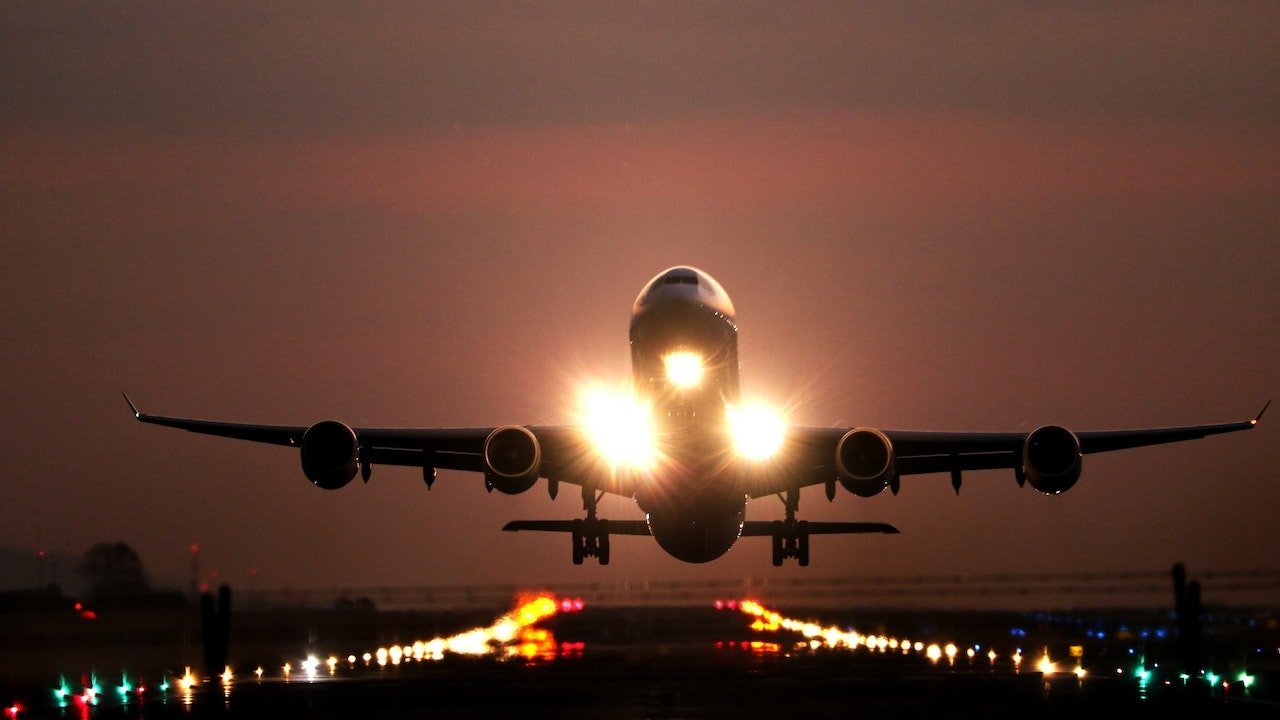The Federal Aviation Administration has provided little evidence to support its request that carriers delay their 5G rollouts due to safety concerns, several trade organizations have claimed.
Earlier in November, AT&T and Verizon agreed to pause their rollout of new C-Band 5G spectrum because of concerns that the band could interfere with safety equipment on aircraft. However, some trade associations and telecom officials have cast doubt on those fears, Ars Technica reported.
Harold Feld, a telecom attorney and senior VP at Public Knownledge, slammed the FAA in a blog post, saying the actions went against the Federal Communications Commission's (FCC) findings.
"Unhappy federal agencies that don't like the outcome of an FCC proceeding respond by undermining the FCC in the press and trying to wage proxy wars through allies in Congress," Feld wrote. "But the FAA's actions here take this behavior to new heights of irresponsibility and danger."
Feld is referring to the fact that the FCC, the expert agency on spectrum interference, previously approved use of the new spectrum, which occupies the spectrum from 3.7 to 3.98 GHz. The FCC analyzed the aviation industry's claims as part of the approvals process, and found no evidence to support it.
Other countries already use the C-Band spectrum with no issues, as noted by Meredith Attwell Baker , CTIA President and CEO of CTIA, the wireless communications trade body.
"5G signals operate in spectrum adjacent to aviation equipment. US airlines fly in and out of these countries every day," she wrote. "If interference were possible, we would have seen it long before now. Nevertheless we've added a layer of protection in the United States, called a guard band, that is hundreds of times greater than the separation that exists between wireless and other critical spectrum users."
Earlier in November, the CTIA told the FCC that nearly 40 other countries are using the C-Band spectrum. The trade association said that there are "hundreds of thousands of 5G base stations in the C-Band at similar frequencies and similar power levels— and in some instances, at closer proximity to aviation operations— than 5G will be in the US."
"None of these countries has reported any harmful interference with aviation equipment from these commercial deployments," the group wrote.
One wireless technology analyst, Peter Rysavy, wrote that the aviation industry tests that caused concern were driven by altimeters that were "built to decades-old specifications" and lacked adequate filtered. He said that well-designed equipment with newer specs should not be affected.
In a Nov. 2 bulletin that warned of "potential adverse effects" on aircraft systems, even the FAA acknowledged that there haven't been any "proven reports of harmful interference."
 Mike Peterson
Mike Peterson







-m.jpg)






 Charles Martin
Charles Martin
 Malcolm Owen
Malcolm Owen
 William Gallagher
William Gallagher

 Christine McKee
Christine McKee
 Wesley Hilliard
Wesley Hilliard

 Andrew Orr
Andrew Orr








6 Comments
When the 3G band closes up next year, I wonder why they can't repurpose it for 5G. Also I think it was a stupid idea for the FCC to reallocate some of the C-Band spectrum to 5G. In the long run it's going to be more expensive for distribution of nationwide cable channels.